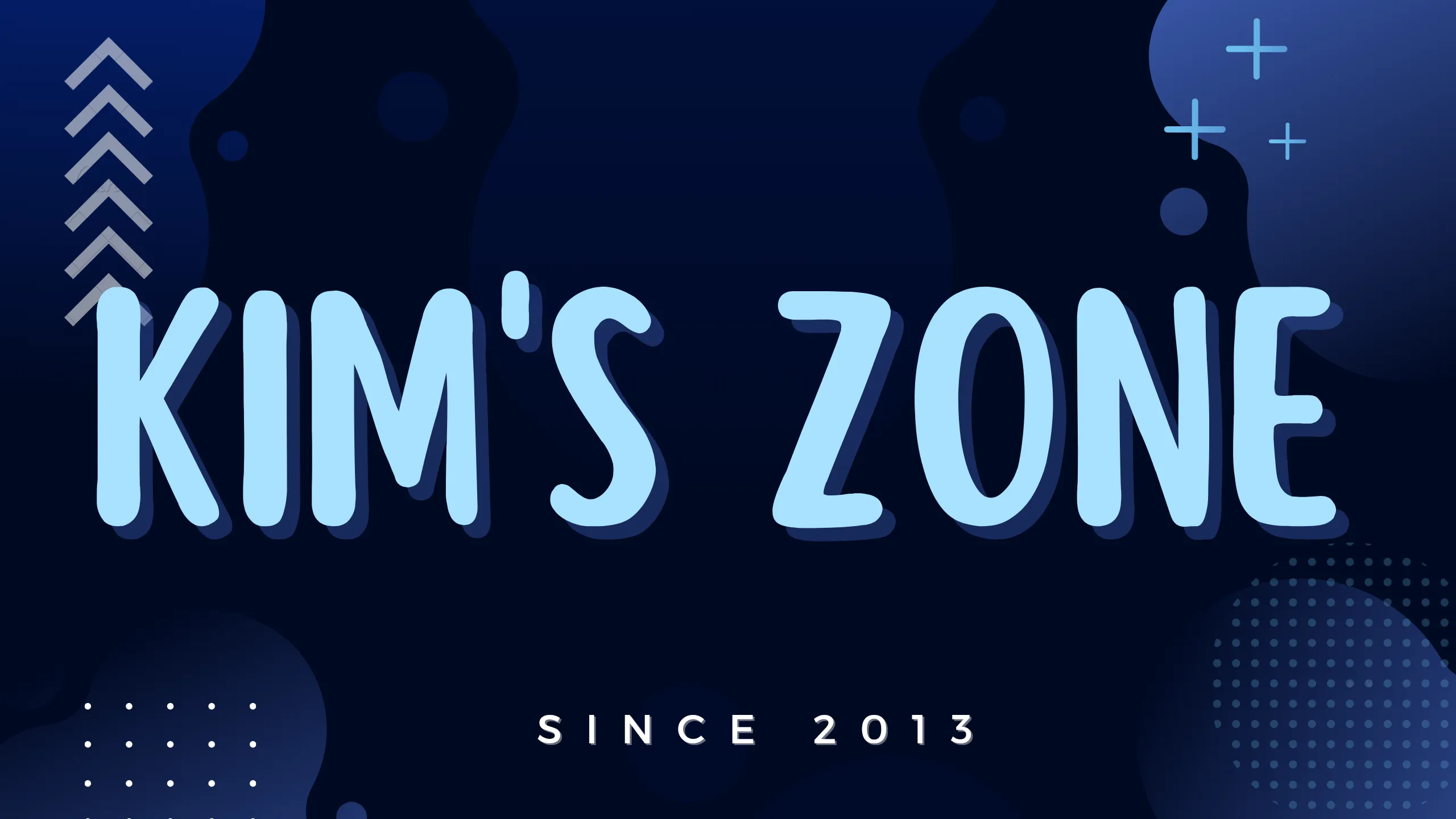The Echoes of Unspoken Words
The Echoes of Unspoken Words
We navigate our days amidst a constant flow of spoken language – conversations, pronouncements, debates, and casual exchanges. Words are the currency of our interactions, the tools we use to build connections, share ideas, and navigate the complexities of the world. Yet, beyond the realm of the articulated, there exists a profound and often more potent landscape: the realm of unspoken words.
Consider the weight of a silence that hangs heavy in the air after a sharp disagreement. It is not merely an absence of sound; it is a palpable presence, thick with unspoken emotions – regret, anger, perhaps even a lingering affection struggling to resurface. This silence speaks volumes, conveying a depth of feeling that spoken words might struggle to capture.
Or think of the unspoken understanding that can exist between two long-time friends. A glance, a subtle shift in posture, a shared smile – these non-verbal cues communicate volumes of shared history, mutual respect, and unspoken empathy. Years of shared experiences have forged a bond that transcends the need for constant verbal affirmation.
The power of unspoken words lies in their inherent ambiguity and the space they create for interpretation. A carefully chosen silence can be more impactful than a torrent of speech. A withheld criticism can speak volumes about restraint and consideration. An unexpressed vulnerability can hint at a depth of inner turmoil.
However, the realm of the unspoken is also fraught with potential for misunderstanding. Unarticulated assumptions can lead to misinterpretations. Unexpressed needs can result in unmet expectations. The absence of clear communication can breed resentment and create unnecessary distance.
Wisdom, in this context, lies in developing an awareness of the unspoken – both in ourselves and in others. It involves learning to read between the lines, to pay attention to non-verbal cues, and to cultivate an intuition for the emotions and intentions that lie beneath the surface of spoken language.
This also requires a degree of self-awareness. What are the unspoken words that reside within us? Are there fears or desires that we hesitate to voice, allowing them to fester in the shadows of our consciousness? Learning to identify and articulate these inner landscapes, even if only to ourselves, can be a crucial step towards self-understanding and emotional well-being.
Furthermore, navigating the echoes of unspoken words in our interactions with others demands empathy and patience. It requires us to move beyond our own assumptions and to consider the possibility that what is being said is only a fraction of what is being felt or thought. It involves creating a safe space for others to express themselves fully, even when their words are hesitant or their meaning is veiled.
The art of listening, therefore, extends beyond the auditory. It involves observing body language, sensing the emotional undercurrents, and being attuned to the silences as much as to the sounds. It is about creating a space where the unspoken can, in time, find its voice.
Ultimately, the echoes of unspoken words remind us of the complexity of human communication. They highlight the fact that our interactions are not solely dependent on the explicit exchange of language but are also deeply influenced by the subtle cues, the withheld thoughts, and the unspoken emotions that permeate our relationships. By becoming more attuned to this silent language, we can cultivate deeper understanding, stronger connections, and a more nuanced appreciation for the intricate dance of human interaction.

댓글